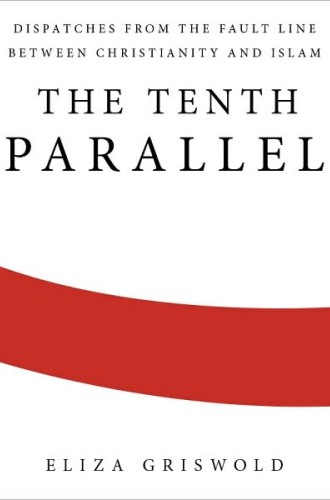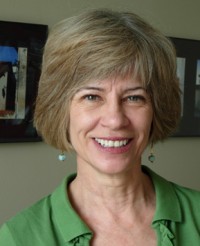Challenges for missions
I'd like to see this award-winning journalist's book read by
all Christians--from evangelicals who believe that their life's calling is to save
souls to those Christians who, while denouncing proselytizing, feel called to offer
compassionate, practical aid to those who need help. For either of the above
missionary types, Griswold dispels illusions. She is fearless in following a story
into the most remote village, and wise in her understanding of how religions
collide and inflame and exacerbate volatile situations. (Read her recent article for
the Century.)
In these narratives of religious confrontation on or near
the 10th latitude (Sudan, Malaysia, Somalia, the Philippines), the
causes of violence and tension include lack of arable land, fights over oil
rights, the rule of odious human rights violators.
The book is doubly intriguing when the reader learns that
Griswold is the daughter of Frank Griswold, former presiding bishop of the
Episcopal Church. In the middle of reporting on Franklin Graham's visit to Sudanese
president Omar al-Bashir, she is pressed by a member of Graham's staff to
reveal her own background. Reluctantly, she tells Graham who she is. What
emerges is her skepticism of Graham's efforts, her challenging of her own faith
background and her insatiable curiosity for the global religious dramas that
she's documenting.
The book asks, but doesn't answer, this: how do those of us
who have religious convictions share (or not share) them in societies that are
reeling from religious tugs-of-war?






